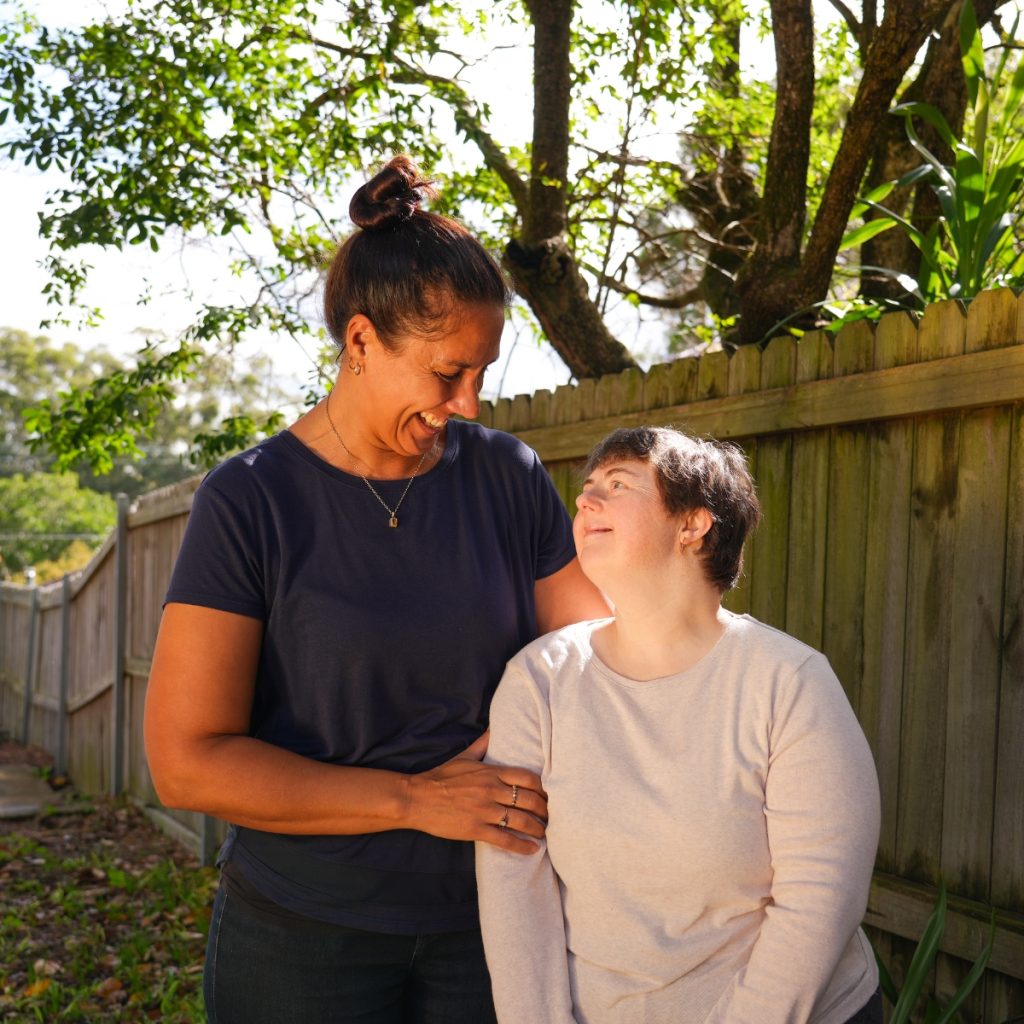The Power of Inclusive Education: Creating Accessible Learning Environments for Students with Disability
Inclusive education goes beyond mere integration; it embraces the belief that every student, regardless of their abilities, deserves equal access to quality education. By creating accessible learning environments, we empower students with disability to reach their full potential, fostering a society that values diversity and promotes inclusivity. In this article, we will explore the transformative power of inclusive education and the steps we can take to ensure that students with disability thrive in educational settings.
Understanding Inclusive Education:
Inclusive education is a philosophy that advocates for the integration of students with disability into mainstream educational environments. It promotes equal opportunities, providing support and accommodations to meet individual needs while recognising and valuing diversity. Inclusive education embraces the belief that all students can learn and contribute to the educational community.
Benefits of Inclusive Education:
Academic Achievement:
Inclusive education has been shown to enhance academic outcomes for all students. It fosters a supportive learning environment that encourages collaboration, peer support, and a sense of belonging, leading to improved academic performance.
Social and Emotional Development:
Inclusive classrooms promote positive social interactions, empathy, and acceptance among students. Students with disability benefit from meaningful relationships and develop social skills necessary for success in diverse communities.
Reduced Stigma and Stereotypes:
Inclusive education challenges societal stigmas and stereotypes surrounding disability. By fostering a culture of inclusion, it promotes understanding, empathy, and respect for individual differences, ultimately breaking down barriers and fostering a more inclusive society.
Creating Accessible Physical Environments:
Ensuring physical accessibility is essential to creating inclusive learning environments. Schools should consider wheelchair accessibility, ramps, elevators, and accessible restrooms. Additionally, classrooms should be arranged to accommodate students with mobility aids, and sensory-friendly spaces can be created for students with sensory sensitivities.
Assistive Technology and Tools:
Integrating assistive technology and tools plays a crucial role in creating inclusive learning environments. Students with disability may benefit from screen readers, speech recognition software, tactile materials, and alternative communication devices. Providing access to these resources enables students to participate more fully in classroom activities and maximises their learning potential.
Individualised Education Plans (IEPs) and Support:
Individualised Education Plans (IEPs) are key to meeting the unique needs of students with disability. Collaborative efforts involving educators, support staff, parents, and students ensure that appropriate accommodations, modifications, and support services are provided. Regular communication and progress monitoring help tailor instruction to meet individual goals and promote inclusive learning experiences.
Teacher Training and Professional Development:
Effective inclusive education requires teachers who are knowledgeable and equipped with the skills to support diverse learners. Providing professional development opportunities that focus on inclusive practices, disability awareness, and differentiated instruction enables educators to create engaging and inclusive classrooms where all students can thrive.
Peer Support and Collaboration:
Encouraging peer support and collaboration fosters inclusive and supportive learning environments. Peer mentoring programs, cooperative learning activities, and buddy systems help promote positive interactions, build empathy, and create a sense of belonging for students with disability.
Parent and Community Engagement:
Engaging parents and the wider community is crucial in promoting inclusive education. Collaboration between schools, families, and community organisations allows for a holistic approach to supporting students with disability. It also fosters a network of support and understanding beyond the classroom walls.
Celebrating Diversity and Embracing Differences:
Inclusive education celebrates diversity and encourages students to appreciate and respect individual differences. Educators can incorporate diverse perspectives, stories, and experiences into the curriculum, promoting an inclusive learning environment that prepares students for a diverse and inclusive society.
Creating accessible and inclusive learning environments for students with disability is not only a matter of educational equity but also a reflection of our commitment to a diverse and inclusive society. Inclusive education empowers students with disability, nurtures empathy and understanding among peers, and prepares all students for a world that values diversity. By embracing inclusive practices, fostering supportive environments, and providing the necessary resources and accommodations, we can unlock the potential of every student and build a brighter future for all.






